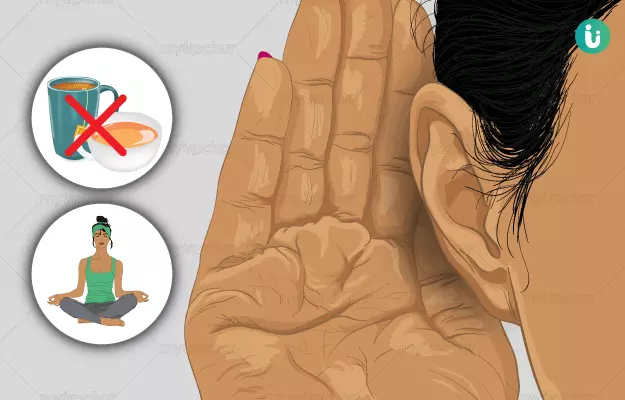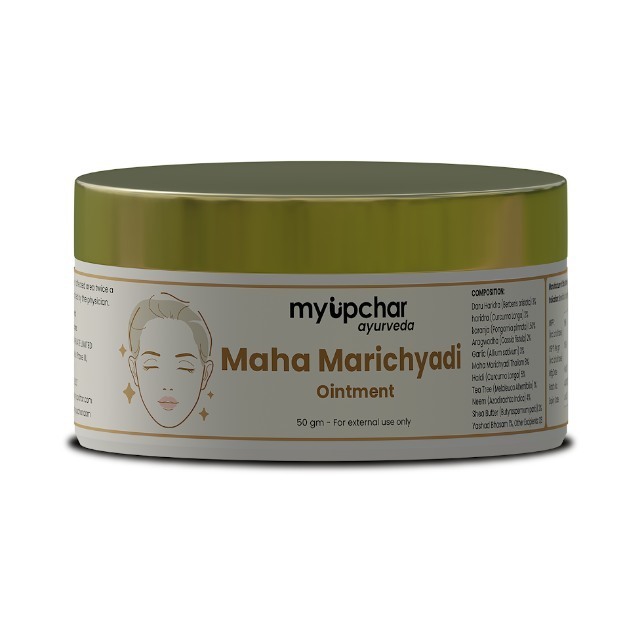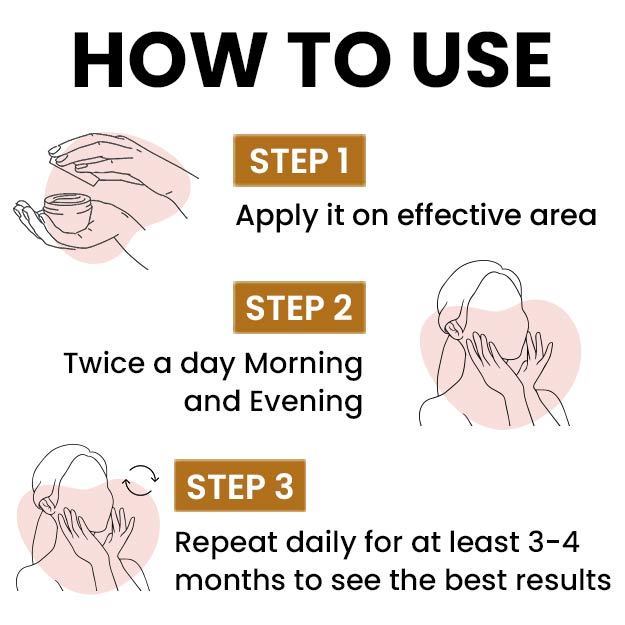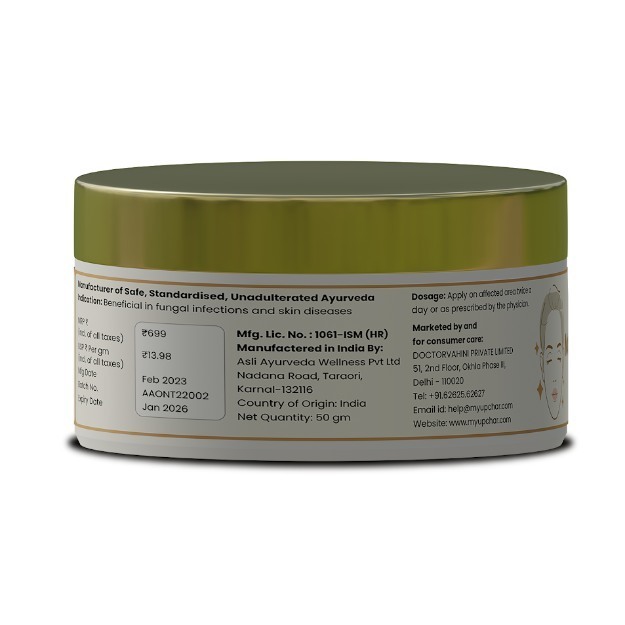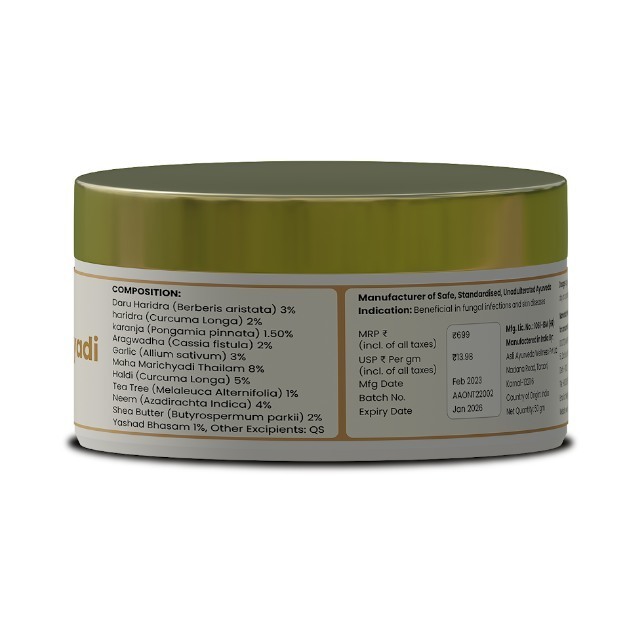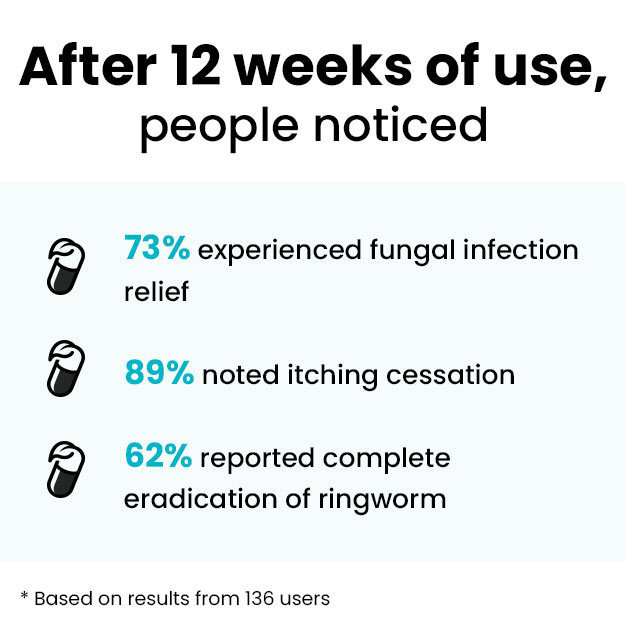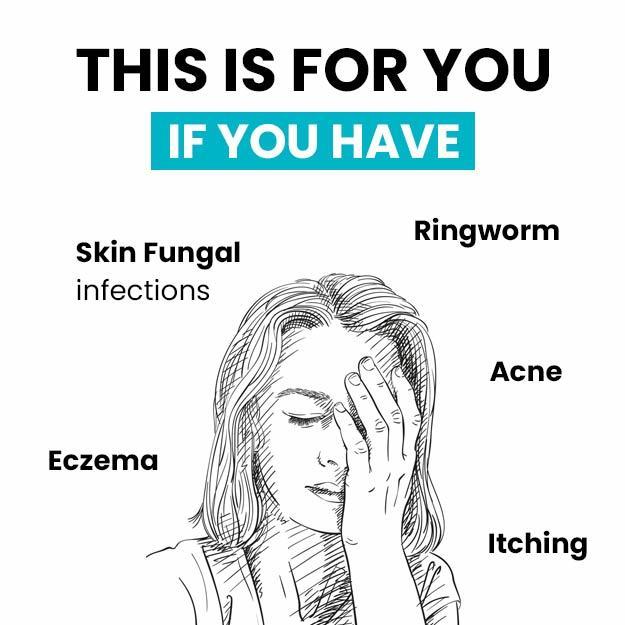Ringing in the ears, medically known as tinnitus, is a common problem, especially in old age. Unlike its name, ringing in ears may also be experienced as whistling, buzzing, chirping, hissing, humming, roaring and sometimes shrieking. These sounds may seem to arise within one or both ears or inside the head. It may be constant, intermittent, steady or pulsating.
Living with tinnitus or ringing in the ear is not easy. In fact, it can be distracting and downright annoying at times; an unusual sound is constantly stalking you for no reason. And the worst part is that there is no specific treatment for ringing in the ear, especially if it is long-standing. Quite discouraging, right?
But don’t worry, this condition can be easily managed at home by some simple lifestyle modifications. Read on to know what these are and how you can include them in your routine.
You will also get to know ways to prevent tinnitus, in case you want to save another ear from tinnitus or educate your loved ones about it.
Find best medical apps

